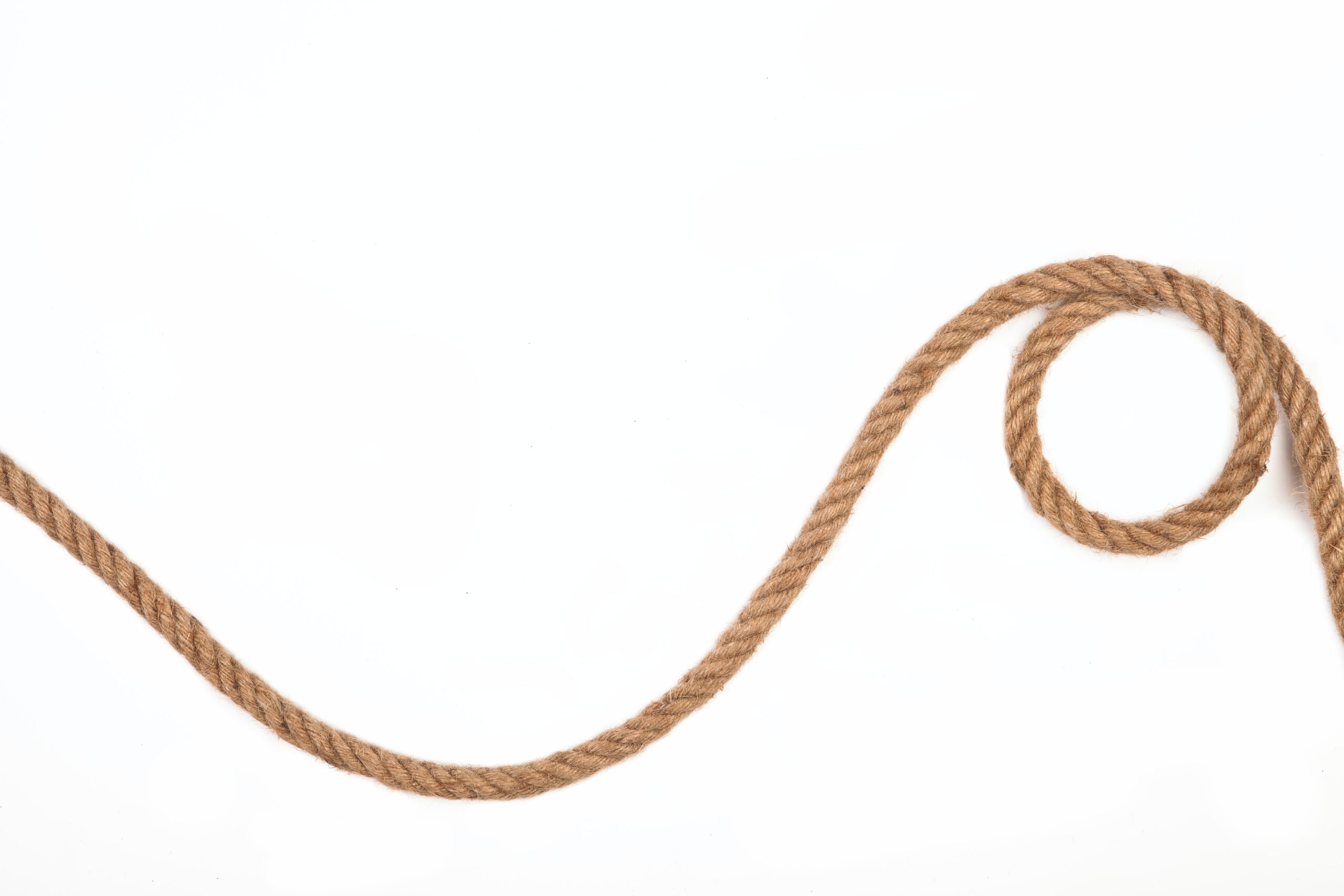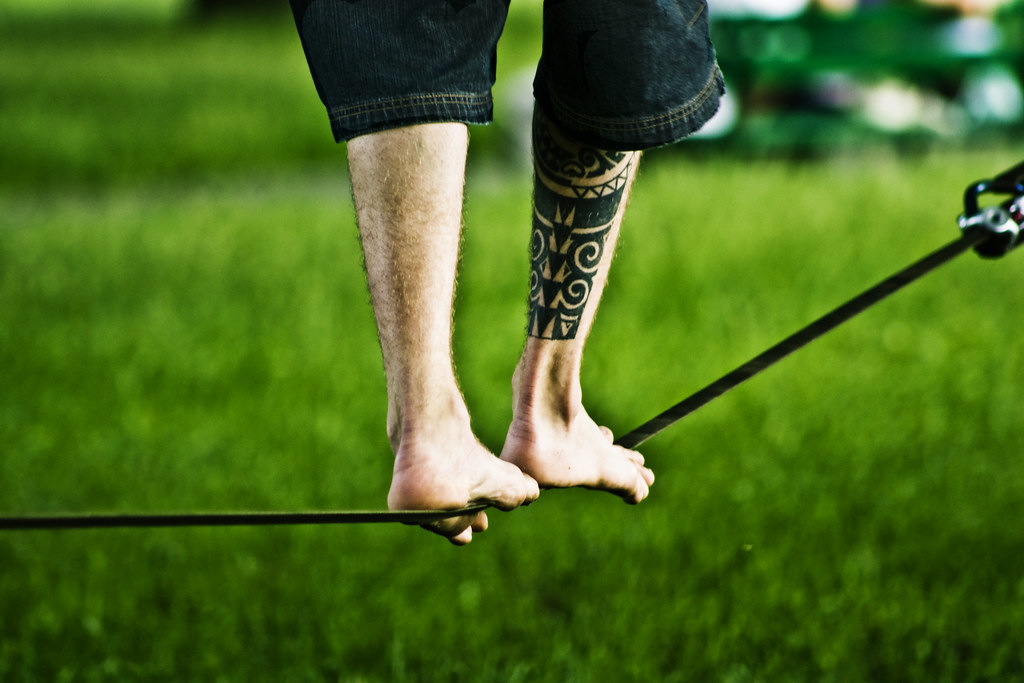
Photo by Önder Örtel
In a complex, often demanding job like ours, everyone has times when things get a little ‘wobbly’. This is true for newbies and 20 year veterans alike. The trick is to recognise it happening as early as possible and then lean hard into the stuff that creates your own wellness.
What do I mean by ‘wobbly’? Simply that you are operating outside of your comfort zone for too long. Tasks start to build up and no matter how much you try to prioritise, you have a feeling of pressure that doesn’t go away. It’s there when you get up and there when you should have finished with the day.
This is a dangerous place to operate in for too long as you don’t have the capacity to absorb unexpected or intense new events. You are stretched.
We’ve often talked about trying to be slacker better which is obviously a provocation based around the concept of slack. When things start to feel wobbly, this is the time ‘slackness’ matters.
Long time followers will know that by slack, we don’t mean lazy. Lazy just doesn’t cut it in school leadership – it is the opposite of what school leaders should be.
Slack on the other hand is something to aspire to. I like to use a rope analogy to explain this – a rope that is stretched tightly has no ‘give’ in it. There is no more possible movement and regardless of the strength of that particular rope, if it is pulled ever tighter, eventually it will break. And even if there’s not a catastrophic failure, a rope operating at its limit will wear out quickly and have to be replaced.
On the other hand, a rope with some slack has the capacity to temporarily handle more load. It can cope with unexpected tugs and pulls without breaking and lasts a long time because it is not at its maximum very often. This is good for the rope and good for the things that depend on that rope to do its job.
That’s why slack matters.
. . .
So how do we know our own ‘rope’ is too tight? I suggest that it will be easy to tell if you are self-aware. Simple stuff like feeling tired most days, struggling to get to sleep or struggling to stay asleep, having difficulty focusing and finding it hard to remember stuff, not having time or energy for important people in your life or important hobbies, lack of patience . . . all of these are markers.
It is also very likely that people who care about you have noticed and they may even have tried to tell you. Did you listen?
At the times when we find ourselves in this stretched state, with no end in sight, the solution is to lean into our own wellness knowledge. Simply put, we need to deliberately do more of the stuff that we know makes us feel healthier, happier and slacker. For me this means playing games, healthy food, getting outside, and doing practical things. Music is good too and anything that makes me laugh is gold. I also know that shutting the laptop and leaving it shut for a while helps too. Your own kete of goodness may vary, but you know what it is.
As we finally reach the end of this Term, now is the perfect time to ensure you have a healthy amount of slack in reserve.
Dave





 The other day I found myself looking over my wife’s shoulder as she viewed a clip on line from comedian and TV personality Miranda Hart. Some of you may know her show, “Miranda”.
The other day I found myself looking over my wife’s shoulder as she viewed a clip on line from comedian and TV personality Miranda Hart. Some of you may know her show, “Miranda”.